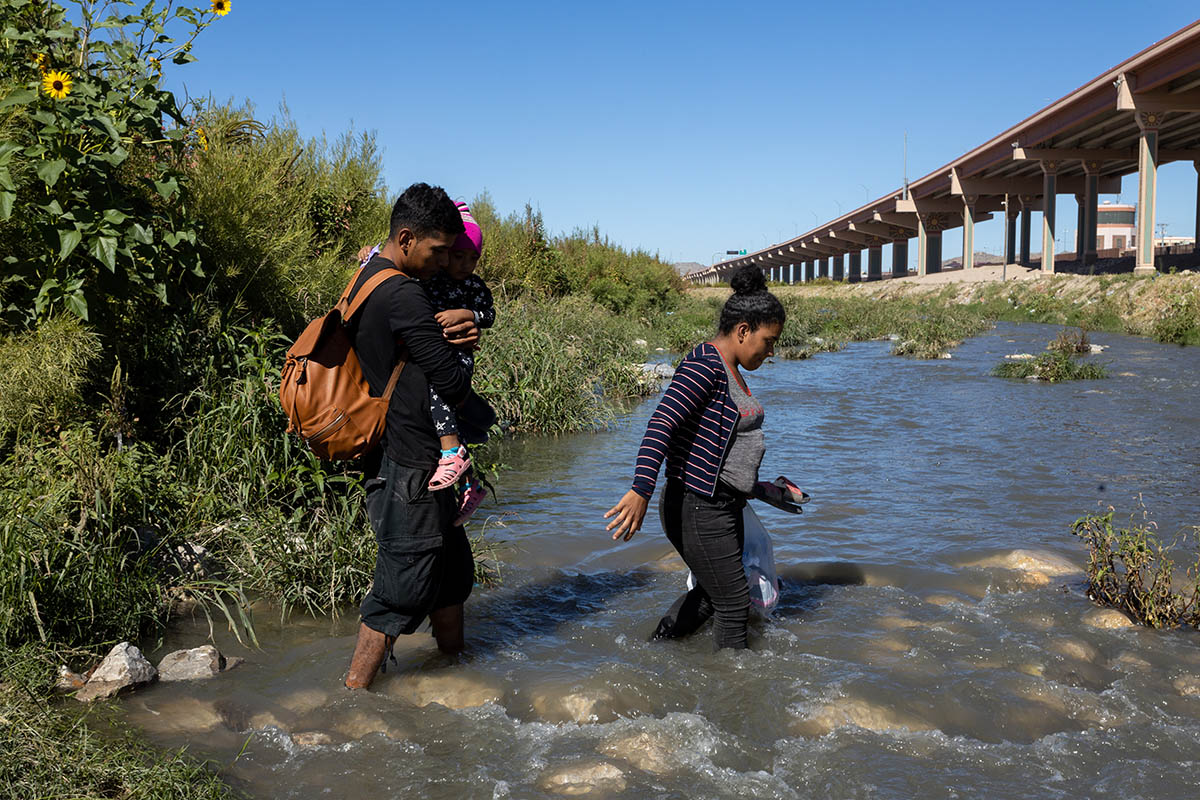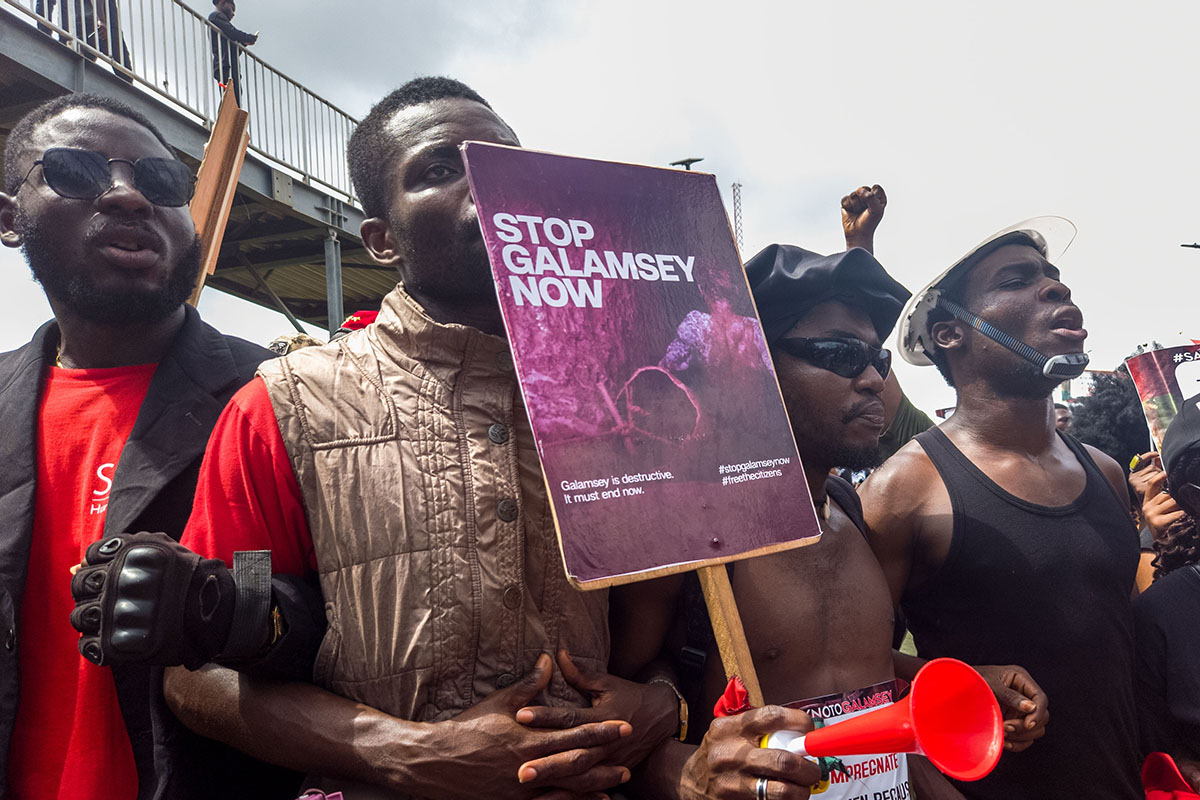BLOG: Why I’m championing gender equality in ocean action (+video)
August 17by Nafesha Richardson, Commonwealth Blue Charter Ocean Gender Outreach Assistant
The ocean has long captivated humanity with its vastness and mysterious depths. It is not only a source of sustenance but also a driving force behind weather patterns and a habitat for countless species. As our understanding of the ocean deepens, so too does our awareness of the interconnectedness between gender, science, policy, and advocacy.
A bit about me
As a native of St. Vincent and the Grenadines, I grew up near the ocean and have always appreciated the importance of biodiversity and preserving our marine ecosystems. This led me to pursue a Bachelor of Laws degree at the University of the West Indies and a Master of Laws degree at the University College London, where I gained a deep understanding and appreciation of the laws and policies which support ocean advocacy.
However, it was my advocacy experiences as Coordinator of the Commonwealth Youth Gender & Equality Network (CYGEN), Youth Champion of the Escazu Agreement, Women Deliver Young Leader and Delegate at the #Youth4Climate Conference which developed my appreciation for the interplay between gender and the ocean.
While marine life is fascinating, it is the people – particularly women and girls – who dedicate their lives to understanding, protecting, and advocating for our ocean. They have been my inspiration.
Challenges faced by women in ocean science, policy and advocacy
The field of ocean science has historically been dominated by men, with women facing numerous challenges in pursuing careers and achieving recognition. Inadequate representation, few leadership opportunities, lack of fair access to technical resources and funding, and limited networks are just a few obstacles that women face. The combination of these issues makes it difficult for women and girls engaging in this field to make ample progress.
Currently, 37% of the ocean science workforce is made up of women, 39% of whom are researchers. Enhancing women’s representation in ocean science is therefore pivotal. Diverse voices guarantee a more comprehensive appreciation of the ocean and its intricate dynamics. Accordingly, more women and girls should be encouraged to pursue studies in STEM. By supporting women researchers and professionals, we are taking a step in the right direction towards a diverse and inclusive ocean science space.
Addressing the challenges
The Commonwealth Blue Charter emphasises the importance of gender equality and women’s empowerment as a human right. I also firmly believe in the power of gender equality and youth empowerment to drive positive change. By amplifying the voices and experiences of underrepresented individuals, we can build a more diverse and resilient ocean community.
In my role as Ocean Gender Outreach Assistant for the Commonwealth Blue Charter, my primary focus will be to create safe spaces for open dialogue and knowledge sharing among women and girls. Through workshops, conferences, intergenerational learning and other community events, we can foster an environment where ideas are celebrated, expertise is valued, and everyone feels empowered to contribute.
By providing platforms for collaboration and learning, we can encourage the growth of an inclusive and supportive network that champions gender equality and the engagement of diverse voices.
Effective ocean governance also requires gender-responsive policies that recognise the unique roles, knowledge, and vulnerabilities of all of us. Women often play key roles in coastal communities. For instance, in secondary marine-related activities, like processing and marketing in the fisheries industry, most of the workforce is made up of women. Their inclusion in policy discussions ensures that their needs and concerns are adequately addressed. Moreover, policies should consider the specific impacts of climate change and environmental degradation on marginalised communities, which disproportionately affect women and gender minorities.
Advocating for gender mainstreaming and gender equity
Advocacy plays a crucial role in driving systemic change. Advocacy for the ocean and its conservation is strengthened by recognising the gendered dimensions of environmental issues.
Women are frequently at the forefront of grassroots movements, advocating for sustainable fishing practices, marine protected areas, and pollution reduction. Their involvement brings a unique perspective and fosters holistic approaches to addressing challenges. Amplifying the voices of women and marginalised groups in environmental advocacy helps to bridge the gender gap and promotes more equitable decision-making processes.
In supporting the Commonwealth Blue Charter, I will advocate for policies that prioritise gender equity and youth engagement in ocean science, policy, and advocacy. By working closely with organisations, governments, and stakeholders, we can develop and implement initiatives that address the unique needs and challenges faced by women and youth. Through strategic partnerships and collaboration, we can create lasting impact and ensure that diverse voices are represented at decision-making tables.
Inspiring the next generation
Together, we can build a future where women and youth in ocean action flourish. It is crucial to inspire and empower the next generation of ocean champions to achieve sustainable ocean management and conservation. When women are involved in decision-making processes, there is often an increased focus on community well-being and long-term environmental sustainability. Empowering women economically, providing education and training opportunities, and promoting equal access to resources are fundamental steps toward fostering gender equity and enhancing ocean stewardship.
We all have a role to play in ensuring that everyone, regardless of gender or age, has an equal opportunity to contribute to ocean conservation and sustainability. Let us make an indelible impact by embracing diversity, amplifying voices, and fostering collaboration!




